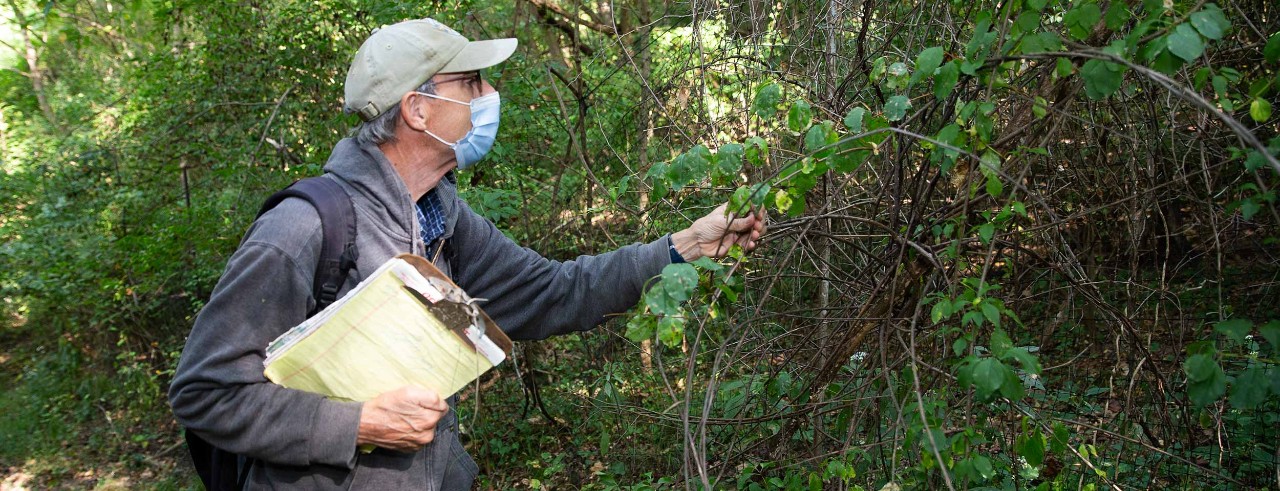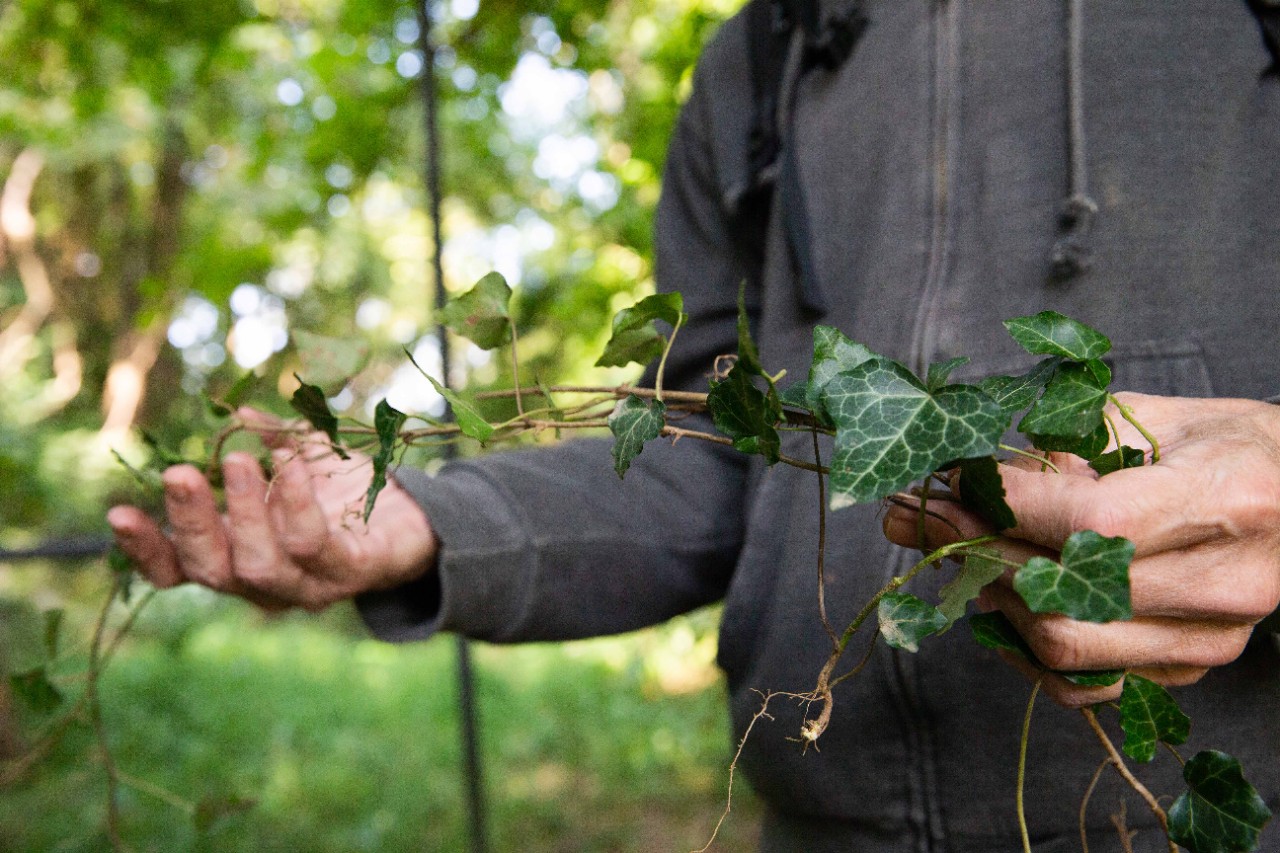
WVXU: Invasive plants are on rise in Cincinnati
UC professor is studying spread of invasive species across city
WVXU turned to a University of Cincinnati botanist to explain how some exotic plants sold at nurseries can escape into the wild where they outcompete native species.
Denis Conover, a professor of biology in UC's College of Arts and Sciences, told WVXU that nonnative, invasive species causes millions of dollars in damage each year, particularly to agriculture. But invasive species such as Amur honeysuckle, English ivy and wintercreeper also crowds out native species in forests in the the Tristate, putting some native flowers and plants at greater risk of extinction.
"One of the things that is most striking now, there are many more non-native invasive plant species here," Conover told WVXU. "It's very bad because the non-native plants can take over and outcompete the native plants. And the native wildlife depends on the native vegetation."
Conover is conducting a botanical survey to compare with similar surveys conducted over the last 200 years to learn how the city's flora has changed over the last two centuries of development and industrialization.
He took WVXU reporter Ann Thompson on a botanical tour of the woods surrounding Spring Grove Cemetery and Arboretum, where they found native plants such as wild ginger and bloodroot. But the woods are also home to invasive species from other continents such as Higan cherry.
Ohio has taken steps to curb the spread of invasive species by outlawing the sale of particularly prolific species such as Callery pear trees. Experts said one thing residents can do to help is to plant only native species in their gardens and flowerbeds.

English ivy is a nonnative, invasive ground cover that is often found growing up tree trunks and the sides of buildings in the United States. Photo/Lisa Ventre/UC
Related Stories
Wired: Is psychedelic therapy bubble about to burst?
September 9, 2022
UC postdoctoral researcher Nese Devenot talks to Wired magazine about challenges facing psychedelic therapies.
Psychedelic research renaissance
August 16, 2022
Psychedelics such as LSD, psilocybin and MDMA are gaining increasing attention in scientific and medical circles because of the potential they hold for treating anxiety disorders and emotional trauma. UC's Nese Devenot explains why psychedelics are seeing a research renaissance.
NatGeo: UC discoveries featured in new series on ancient Maya
March 25, 2024
UC's research on the ancient Maya in Tikal is featured in a new National Geographic series called "The Rise and Fall of the Maya."
